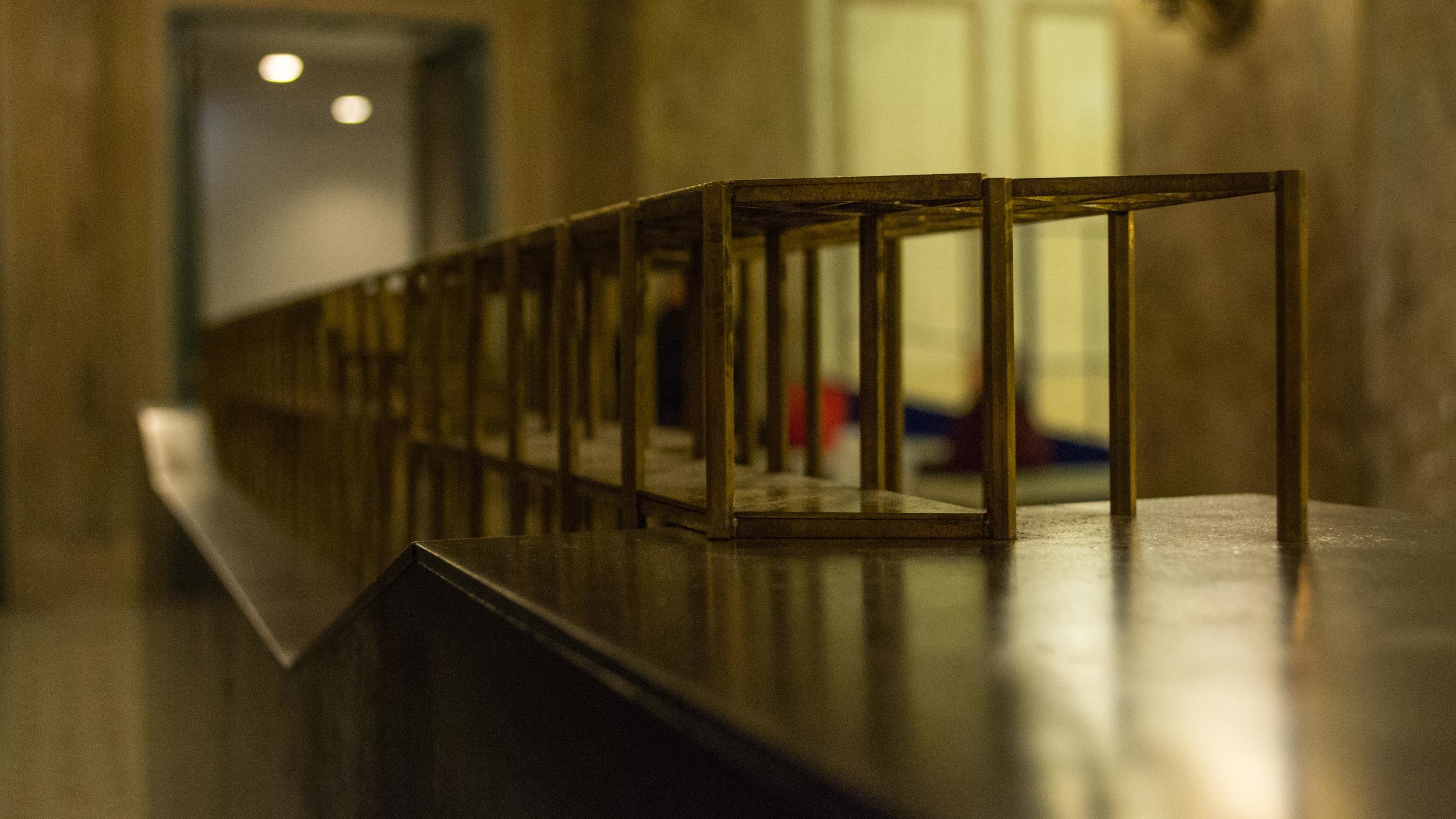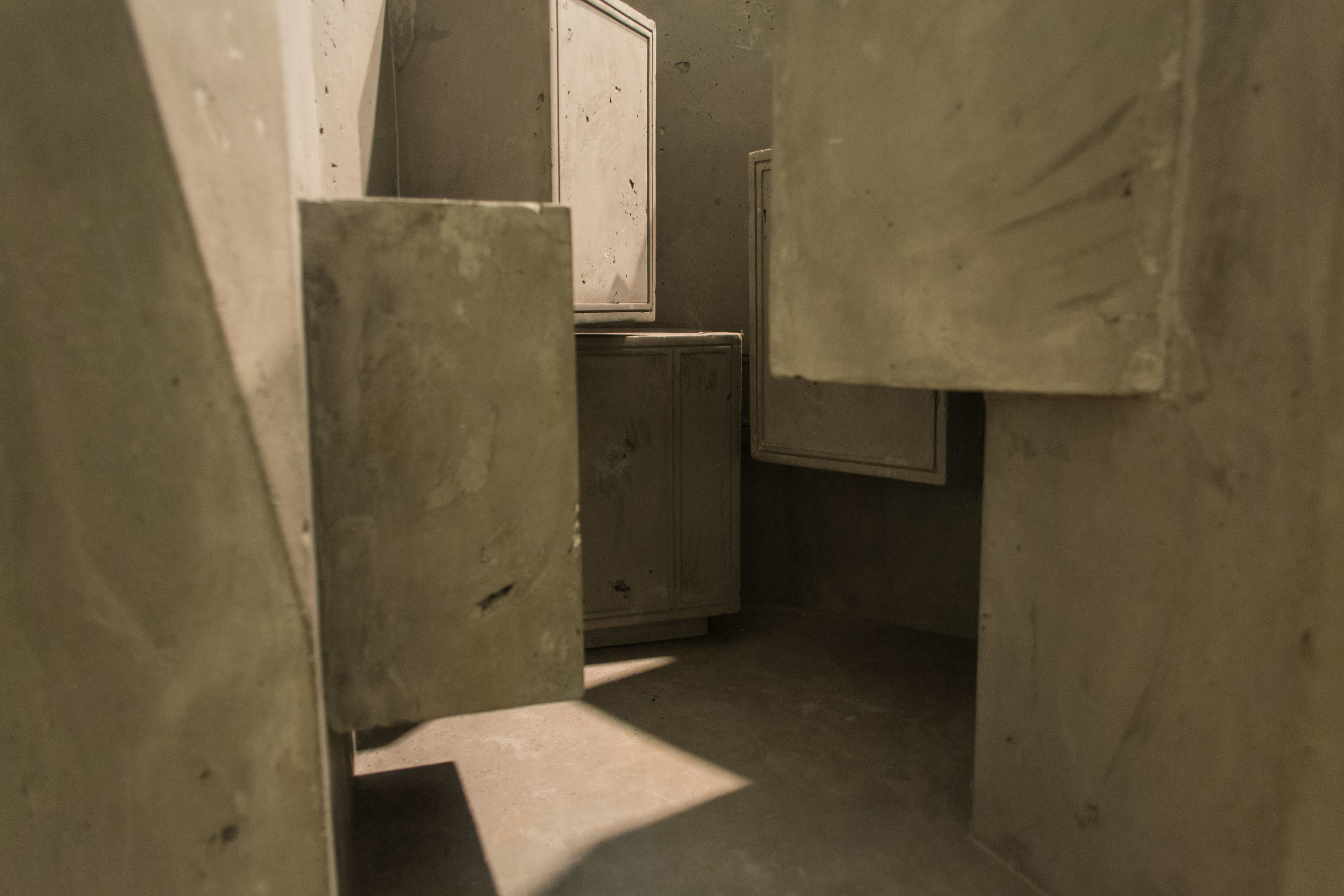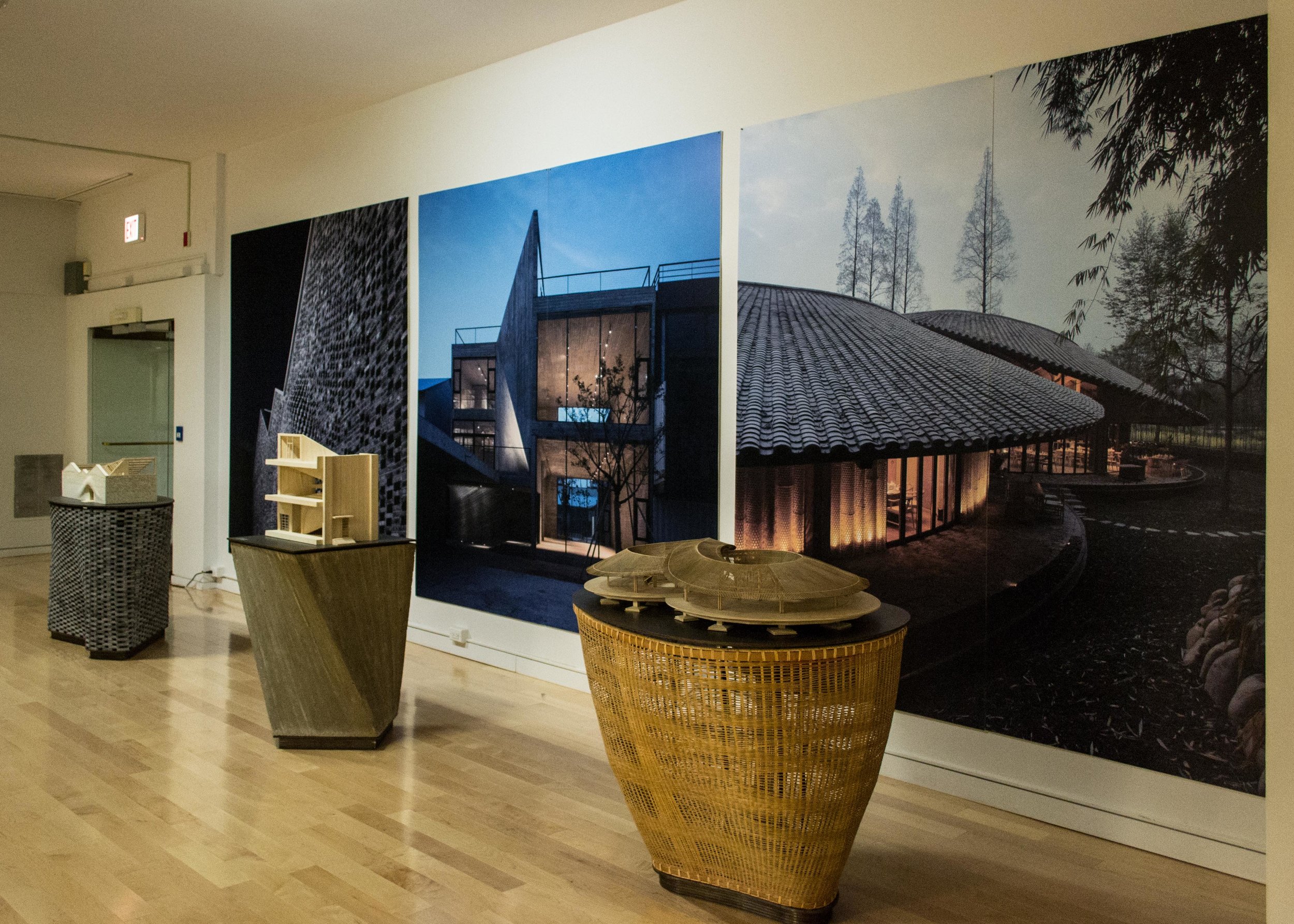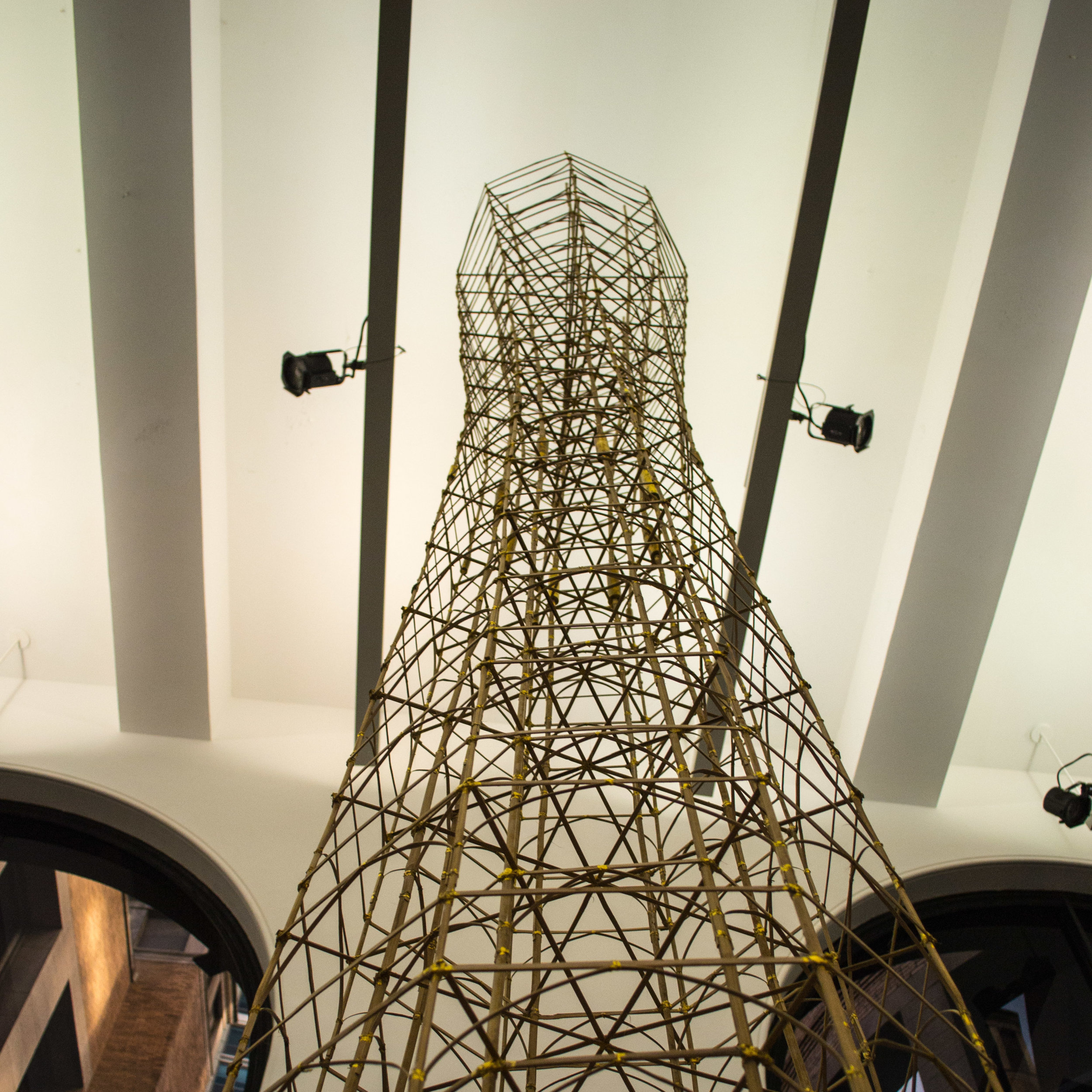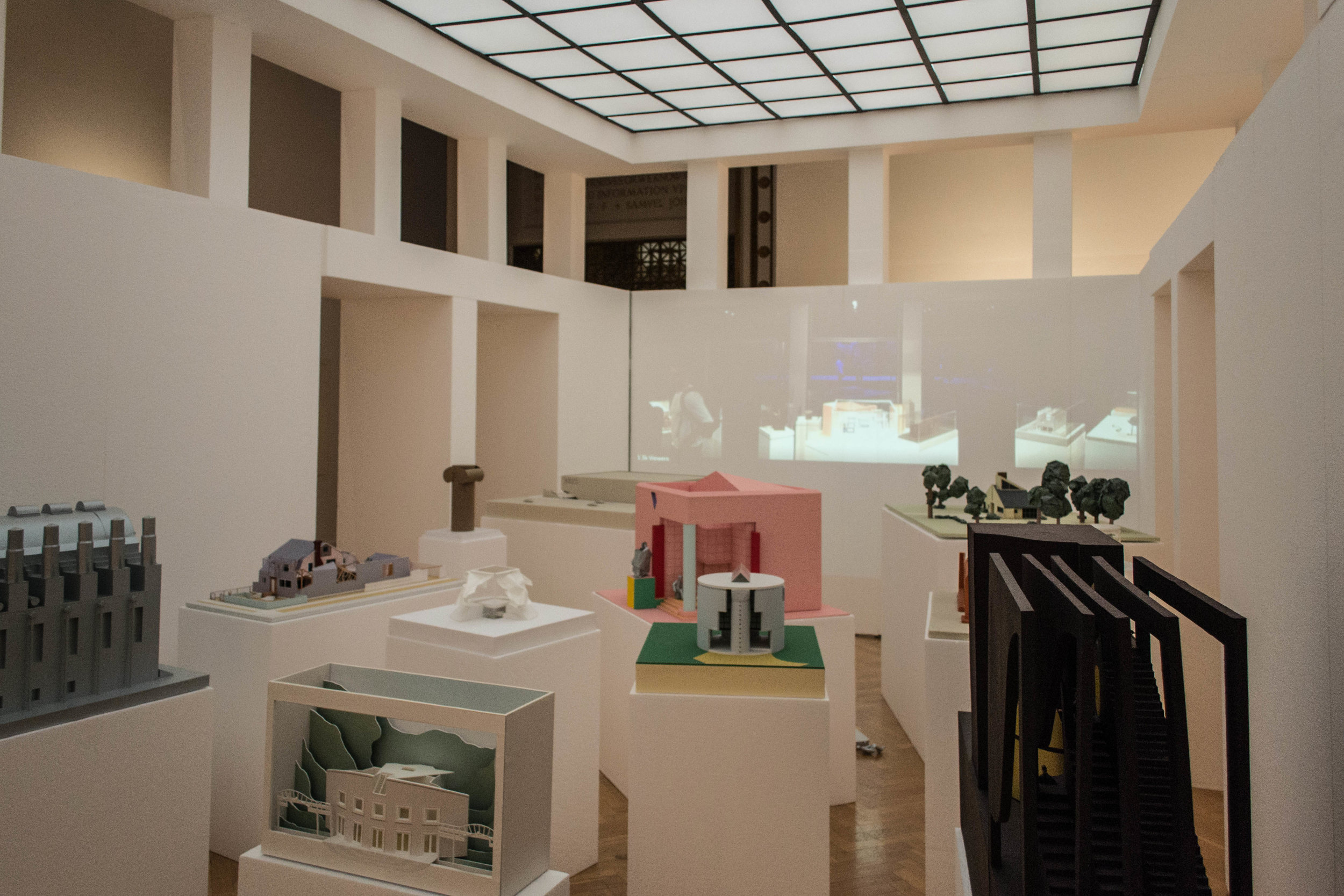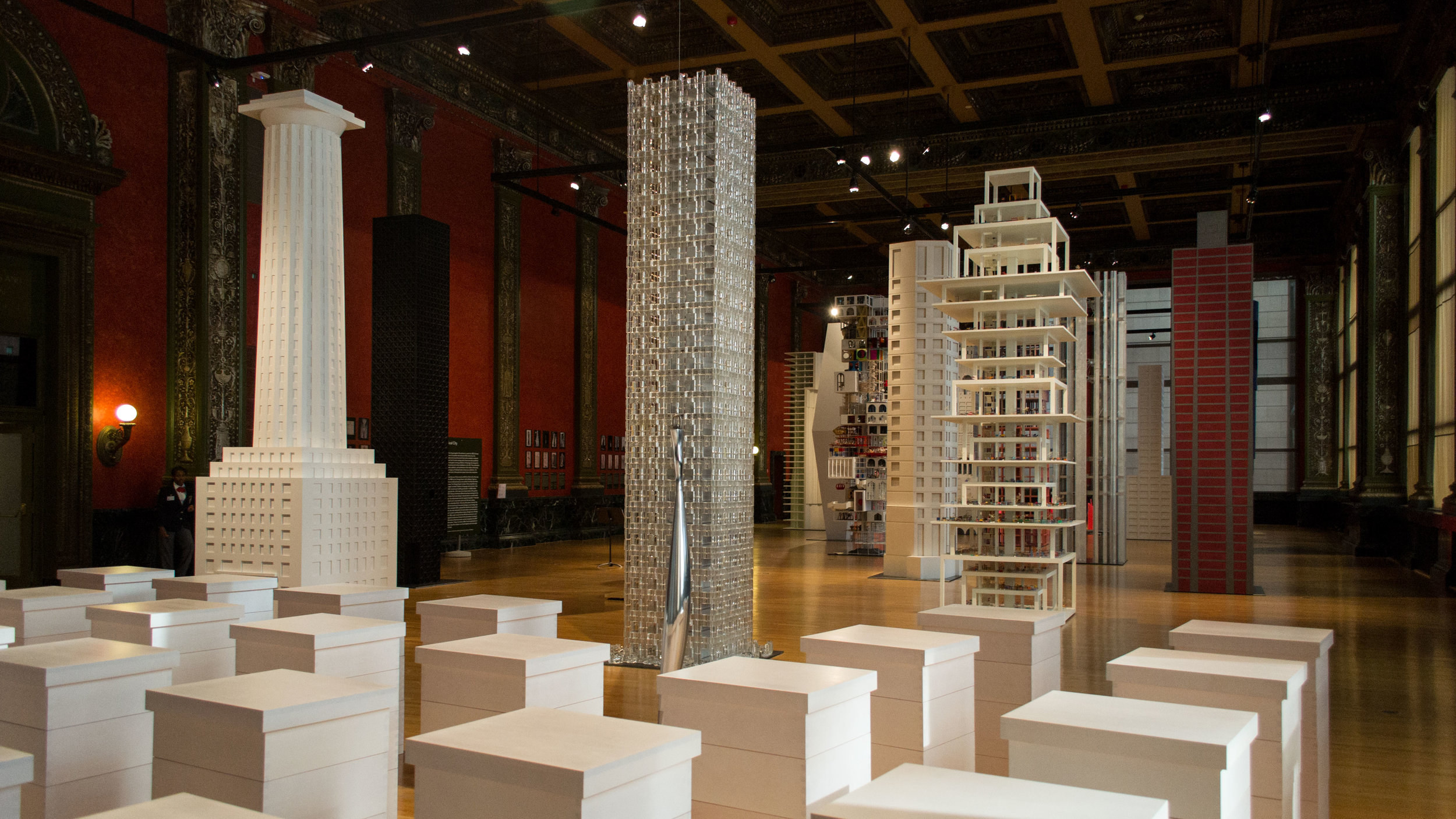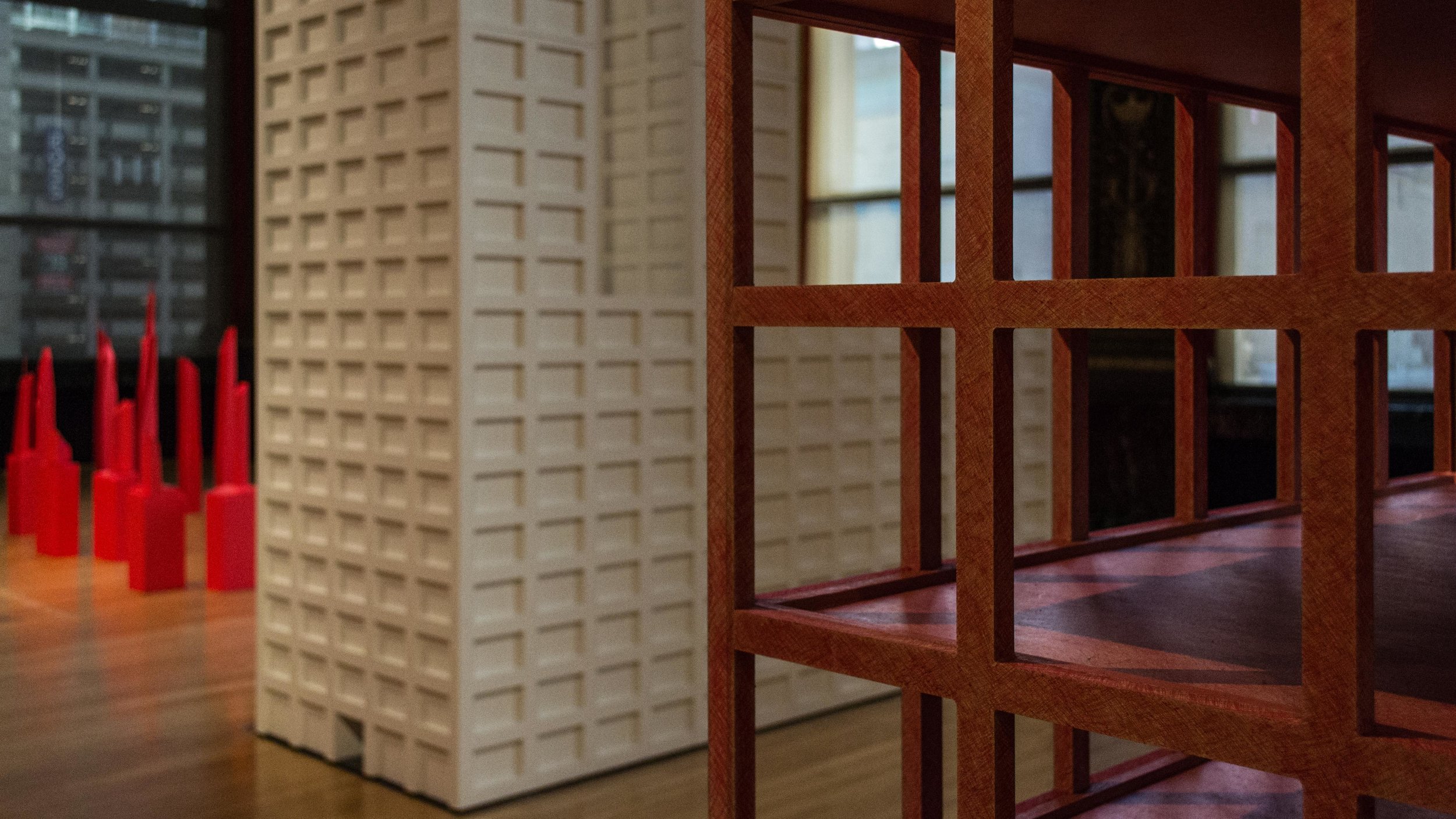"A man without knowledge of his past, origin and culture is like a tree without roots.” Marcus Garvey
Recently, we relocated from Chicago to Southern Illinois, after 8 years of vacations and holiday trips to my wife’s hometown. And just like I experienced almost 19 years ago, when I first arrived to Chicago, a childlike feeling of excitement and wonder filled my days while I navigated my way through my new surroundings. The fast pace of Chicago, with rush hour traffic and its well defined grid, has been replaced by the calmer pace of Southern Illinois, the refreshing sight of endless tree lines, and the vibrant energy of developing communities. It was in this new setting that I came across a treasure. A treasure that seemed to be forgotten.
Early this summer, I was driving around doing errands when a small brick structure on the side of the road caught my attention. Then, I tried to ignore the curiosity for the building. But the sight of that small building kept sneaking into my thoughts like the memory of a beautiful melody sneaks into your brain on a sunny day.
A couple of days ago, I decided to return by the brick house. I was determined to find out more about that piece of history. When I first arrived on site, it seemed like an abandoned house that the surrounding subdivisions of new construction were trying to conceal from the world. Jealous of its humble but beautiful past. Nonetheless, its milk painted bricks could speak volumes about the stories that they have witnessed. At the entrance of the site, a small plaque hopelessly tries to tell the story of this veteran cemetery and schoolhouse commemorating John Messinger to the bustling traffic nearby.
As I ventured into the cemetery guarded by old trees, a feeling of solemn reverence covered me like a blanket, while I walked amongst the tombstones of those that made this sacred ground, their final resting place. Their stories can be traced to the revolutionary war, Illinois' first settlers, and some crucial moments in the history of Illinois. A rich past that is in danger to become extinct due to the fast development of the area, unless restoration efforts are put in place.
Many times, our history define us as individuals, or it can be the starting point for what we later on built in life. And it’s for that reason, that I have always been attracted to the historical aspects of a culture, city or place. It is in history that we found the explanation to many of our current inquiries about ourselves. Sites like John Messinger’ cemetery and schoolhouse are worth preserving and restoring. They help us not only to remember those that paved the way, but also it gives us a sense of responsibility about our contribution to the future.
I’m not sure of what the future holds for John Messinger’s cemetery, but I am glad that I stopped by, and learned a little more about my new hometown. It gives me hope that a bright future is ahead.
If you are interested in learning more about John Messinger’s cemetery, please follow the link.

